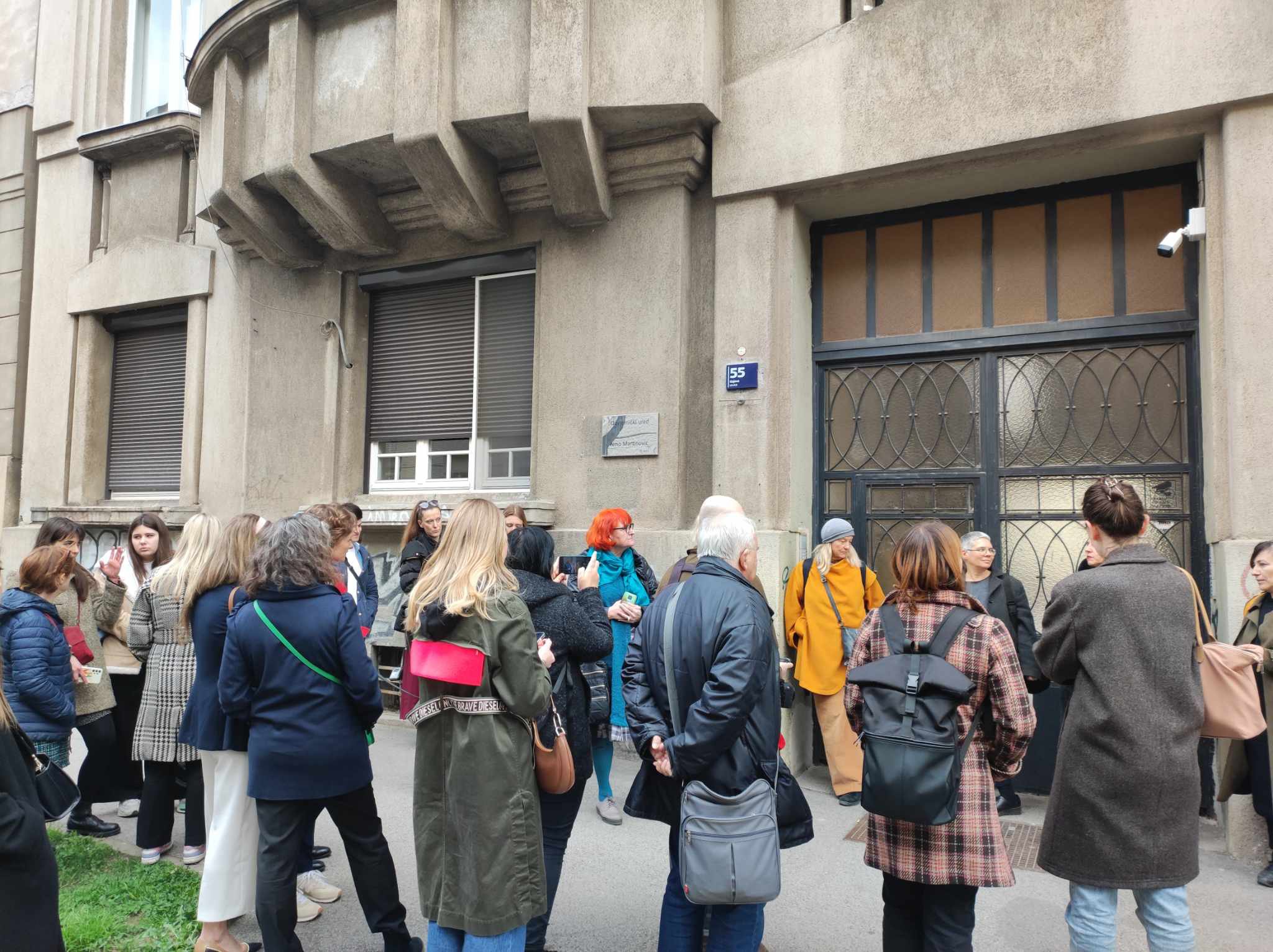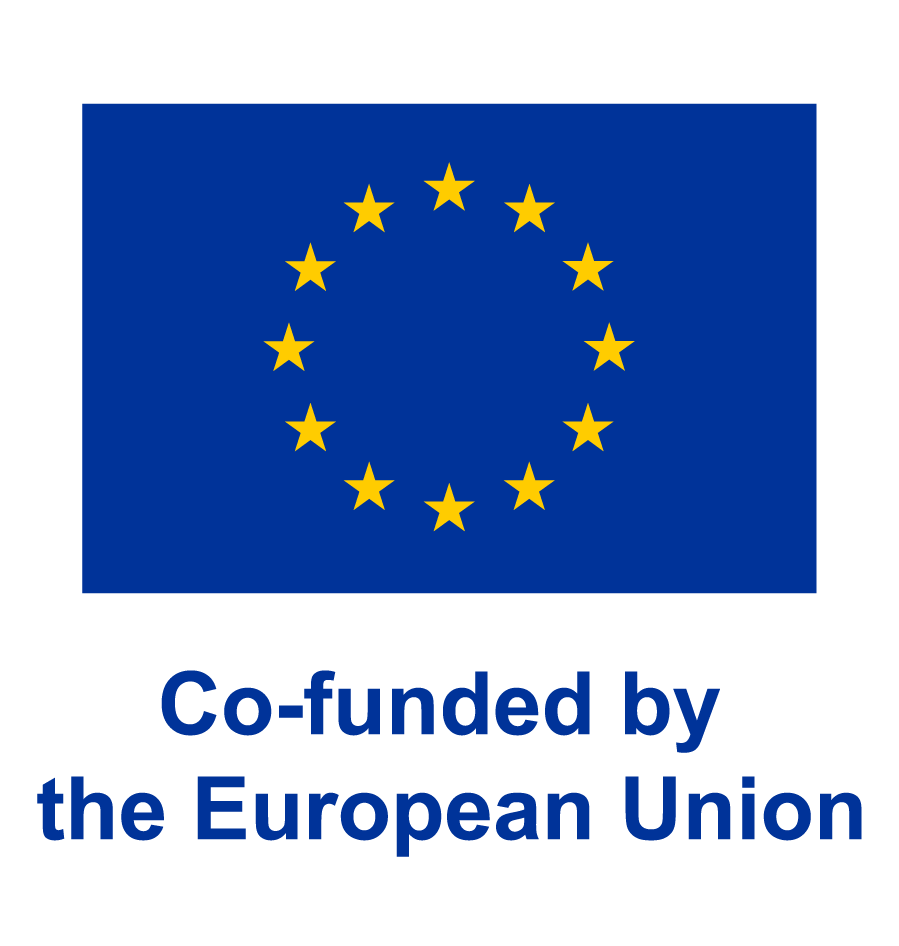Educational walk “Zagreb Geography of the Fight for Women’s Rights”

On March 6, ahead of International Women's Day, a group of 30 activists convened to trace the history of the feminist movement in Zagreb. The event “Zagreb Geography of the Fight for Women’s Rights” commenced at the Main Railway Station and culminated at the Centre for Women's Studies, incorporating key locations pivotal to the feminist movement.
The educational walk was led by activists Rada Borić, current president of the Committee for Gender Equality of the City of Zagreb and former executive director of the Center for Women's Studies Zagreb (2008-2016), activist Vesna Teršelič, co-founder of the Antiwar Campaign of Croatia and director of Documenta - Centre dealing with the past, Nela Pamuković, coordinator of the Center for Women War Victims – Rosa, Sanda Malbaša, co-founder of CESI - Center for Education, Consulting and Research, Slavica Jakobović Fribec, activist (Academic Section “Women and Society”, Women's Group Trešnjevka, Women's Help Now) and Nevenka Fiket, co-founder of Women's Help Now: SOS-phone for women and children victims of violence.
The Main Railway Station, our starting point, is a symbolic gateway to Zagreb, important for both antiwar and feminist initiatives, which frequently intersected. The station symbolizes a mix of joy and sorrow, as it welcomed activists arriving to Zagreb, but also of refugees’ arrivals and departures.
Our second stop was at Gajeva Street, specifically at numbers 45 and 55, where the offices of the Antiwar Campaign of Croatia were during the 1990s. At the same time these were locations where women activists gathered and started organizing in various initiatives.
The third location of the educational walk was near the first safe house for women, established during the war. Overlooking Zrinjevac Park, this house was a refuge from domestic violence. To ensure anonymity and safety, various strategies like using pseudonyms and altering appearances were employed. A heartrending tale was shared about a boy who, for the first time, could sleep peacefully in this safe house, no longer needing to guard his mother from his abusing father.
The journey concluded at the Centre for Women’s Studies, fittingly housed in the house of Marija Jurić Zagorka. Centre for Women’s Studies is the first non-institutional educational centre in Croatia. It was founded by a group of feminists, theorists and scholars, peace activists and artists in 1995. There we ended our walk with a cup of tea and informal conversations.
Author: Alina Gavronina
Photo: Alice Straniero
The event is a part of the project “Female perspectives on the democratic transitions in the 1970s, 1980s and 1990s”.
The project is co-financed by the European Union.

